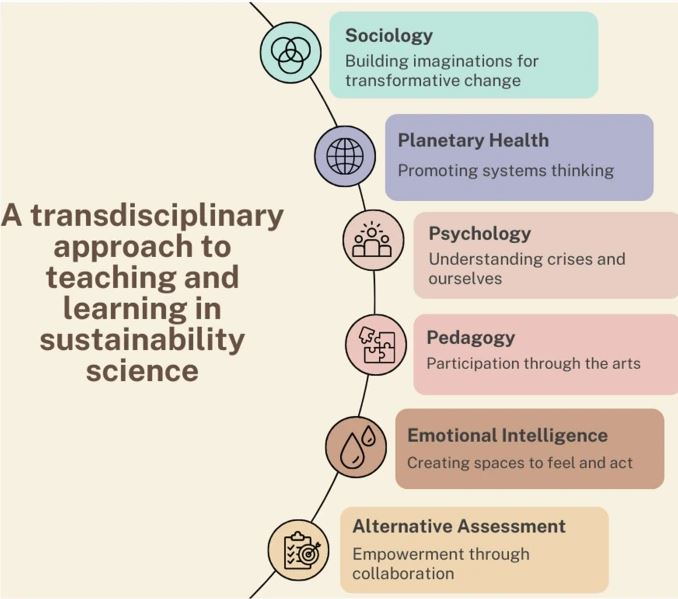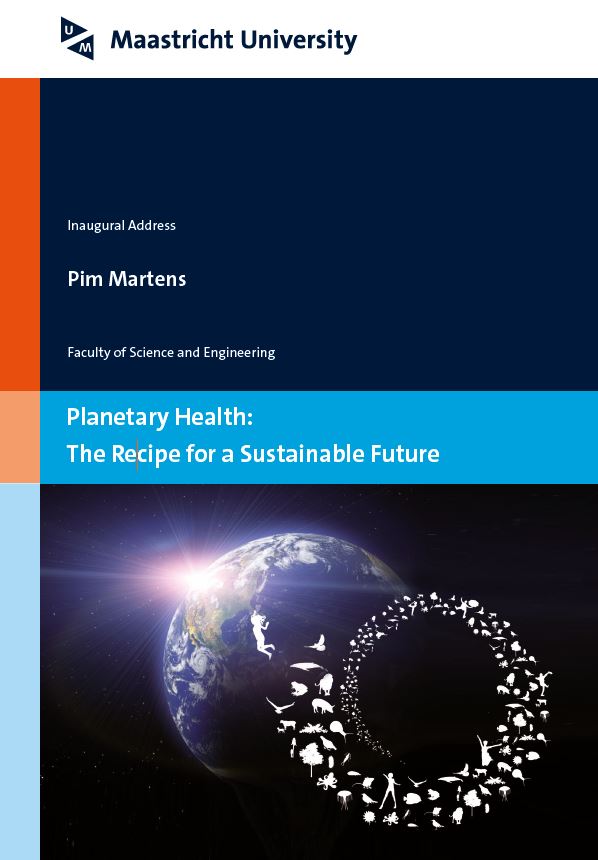
Currently, Dune 2 is playing in our theaters. In a time when the climate crisis is becoming increasingly urgent, the science fiction world of Dune provides insight into the challenges our planet faces. At first glance, Frank Herbert’s story from 1965 about power, betrayal, and survival on the desert planet Arrakis seems to have little in common with our contemporary environmental issues. However, Dune is not just an epic adventure but also a parable about ecology, scarcity, and human interaction with the environment.
The ecological crisis on Arrakis, a planet where water is scarcer than gold, serves as a mirror for our world, where the effects of climate change are becoming more tangible. Arrakis, or Dune, is a battleground for limited resources, with the precious ‘spice’ at stake. This fictional element, essential for space travel, power, and life extension, serves as a metaphor for our own global competition for water, food, and energy. The conflict over the spice in Dune reflects the societal unrest we now see due to climate change and resource scarcity.
On the other hand, Dune shows how important adaptation and resilience are. The indigenous Fremen have masterfully adapted to their environment, with innovative methods for water conservation that are essential for their survival. Their lifestyle illustrates the need for our society to find sustainable solutions for environmental challenges such as water management and agricultural practices, adapted to changing climate conditions.
Dune also calls for a deeper ecological awareness and the necessity of a shared responsibility for the well-being of our planet. The aspirations of some characters to transform Arrakis into a more livable world could be seen as the contemporary movements for climate action. This saga also serves as a warning. It shows the destructive paths humanity can take when power, greed, and shortsightedness dominate our relationship with nature.
Thus, Dune is more than a story about interstellar politics and mystical powers. It was in the 1960s, but now more than ever, an urgent call for reflection on our own world. It invites us to critically reconsider the way we live, consume, and interact with our planet. But it also offers hope by showing that change is possible, that through collaboration, innovation, and respect for our planet, a more sustainable and just future is within reach.











